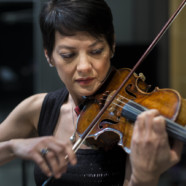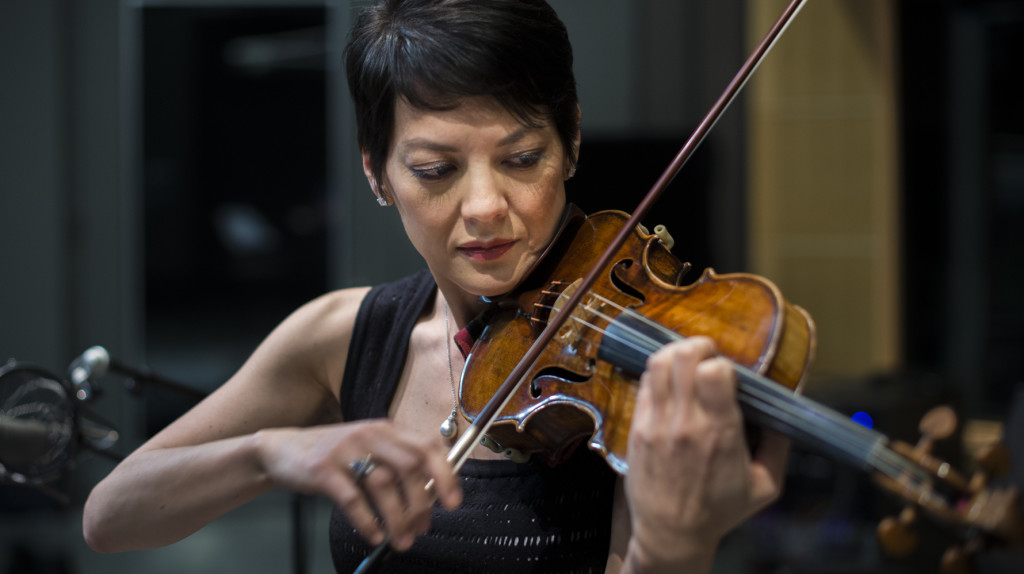Rare Violins Inspire Awe
When many of us think of precious objects, the largest gems or the most famous paintings may come to mind. But certain rare violins inspire the same awe – and command the same astronomical prices – as these other treasures.
The “Vieuxtemps” violin played by American virtuoso Anne Akiko Meyers is worth well over $16 million. It was made in Italy in 1741 by Guarneri del Gesu and represents the pinnacle of violinmaking’s Golden Age.
Meyers says it is unlike any instrument she’s ever played.
“The G string is so dark and rich. It really can sound like a cello…. the E string sounds like you are in a really sky high cathedral listening to music pouring out,” she said.
One treasure among many
The violin is dubbed “The Vieuxtemps” after Henri Vieuxtemps, the great 19th century violinist who once owned and cherished it. It is only one of the ultra-rare antique instruments that pass through Paolo Alberghini’s showroom in Manhattan.
As he opens a safe which stores anywhere from $5 million to $50 million worth of instruments “depending on what we have for sale at the moment,” he explains that the Vieuxtemps, which was a nearly perfect violin when it was made, has been nearly perfectly preserved.
In Alberghini’s view, those who possess this treasure are more like stewards than owners.
“And to be able to be part of the life of this instrument in a meaningful way, and to share it with the world or to preserve it so that somebody else can share it in the future is something that attracts many wealthy collectors around the world,” he said.
Science meets art
Science has come to the aid of the luthier, or violinmaker’s craft. Ultraviolet lamps and endoscopes can detect cracks and other flaws invisible to the naked eye.
But in a nearby workshop, highly-skilled craftspeople repair, restore and even create these four-stringed wonders – all by hand.
Master Restorer Julie Reed-Yeboah maintains the Vieuxtemps. She says even the so-called “imperfections” in del Gesu’s masterworks add something wonderful to their sound.
“As he got older, his “F-hole’ styling became much different, longer and more eccentric as well as his heads became much more eccentric. They are a very distinctive style of that period,” she said.
For playing, not just ogling
Many of the world’s rarest cellos and violins lie silently in museums and private collections. But some, like the Vieuxtemps, continue to provide musical pleasure.
Anne Akiko Meyers, for example, regularly thrills audiences with it at Carnegie Hall and other venues. She has owned two Stradivari violins, which approach the Vieuxtemps in quality. Still, she calls this particular violin her soulmate.
She remembers when an anonymous donor offered it to her for her lifetime use.
“I cried like a baby. As an artist you are dreaming of that moment your whole life. I couldn’t believe it,” she said.
Meyers likes to quote Vieuxtemps, who famously was supposed to have said that “anyone can actually play the notes, but you have to let it sing.”
“And now I am playing on the Vieuxtemps and thinking like a singer that needs to sing,” Meyers said.
(source: Adam Philips/VOA)


